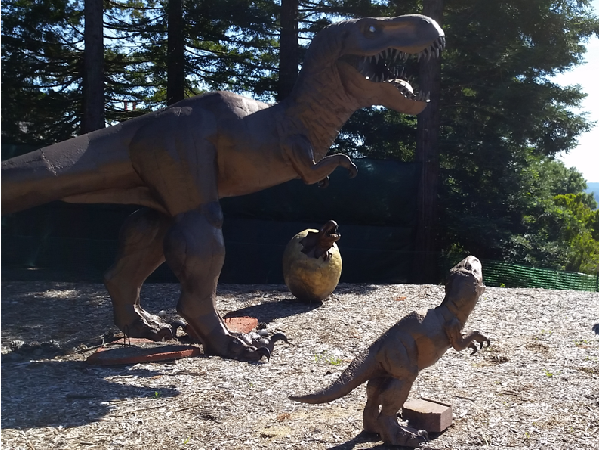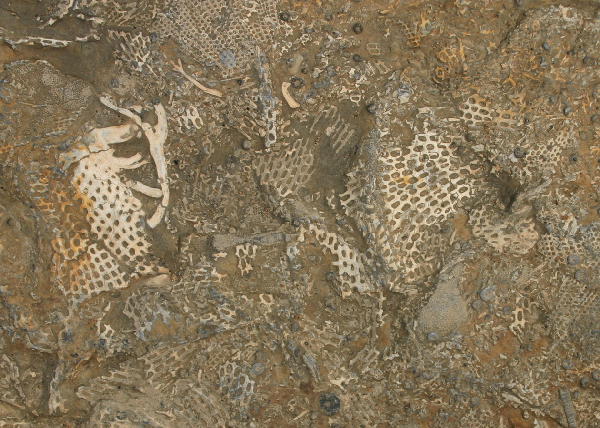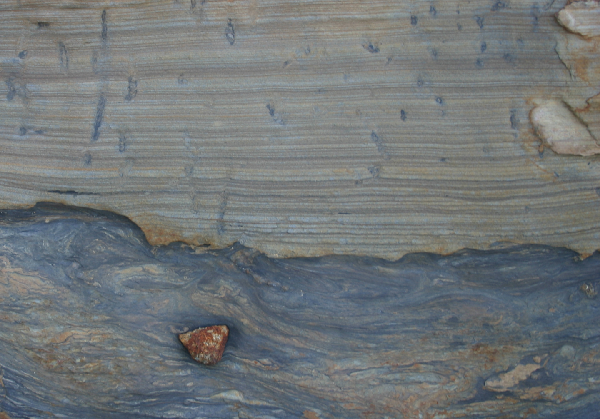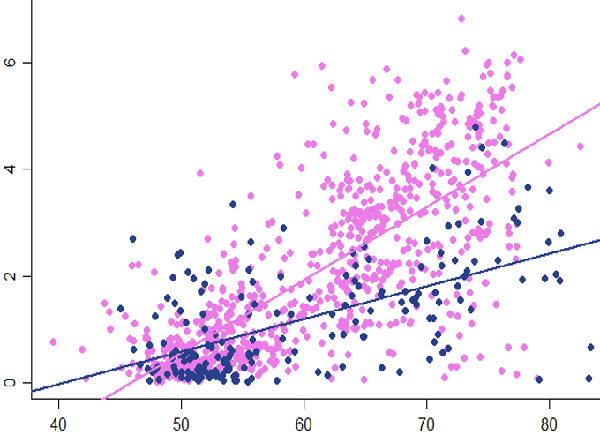
EART7
History of Life
An examination of the major events in the history of life, from the origin of life approximately four billion years ago, to the wave of extinctions that has decimated plants and animals around the globe over the past 30,000 years.

EART101
Invertebrate Paleobiology
An introduction to paleobiology; the use of fossil evidence to pose and solve evolutionary and geologic questions.

EART120
Sedimentology and Stratigraphy
Stratigraphic principles used in classifying sedimentary rocks. Fundamentals of sedimentary mechanics. Analysis and interpretation of facies and depositional systems. Introduction to seismic facies and basin analysis.

EART125
Statistics and Data Analysis in the Earth Sciences
Introduction to analytical methods, such as univariate and multivariate statistics, cluster analysis and ordination, and maximum likelihood estimation, using a conceptual approach. Introduction to analysis and programming using the R software package.
